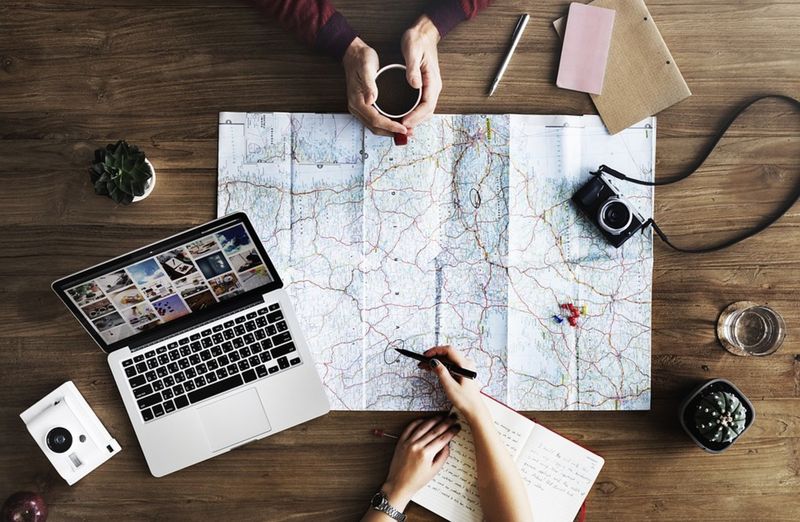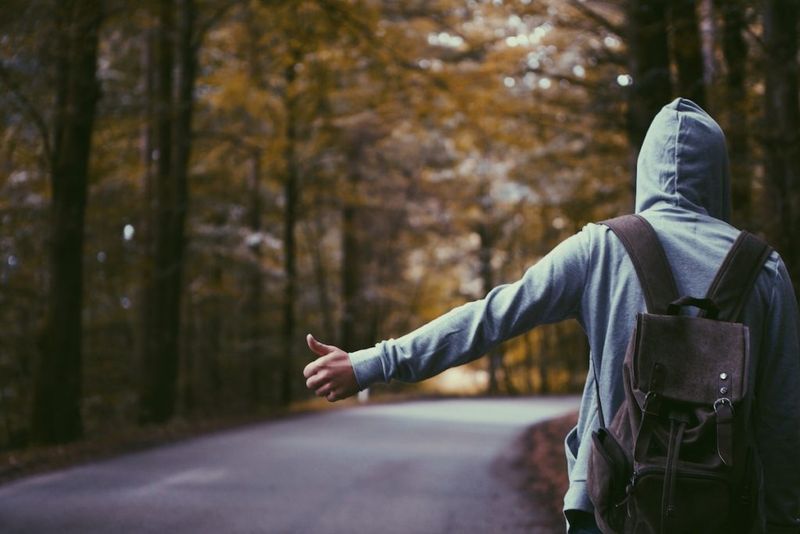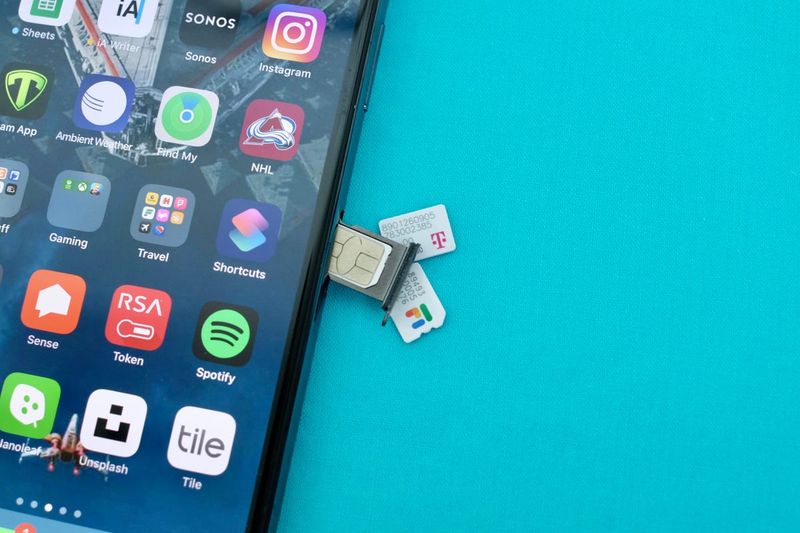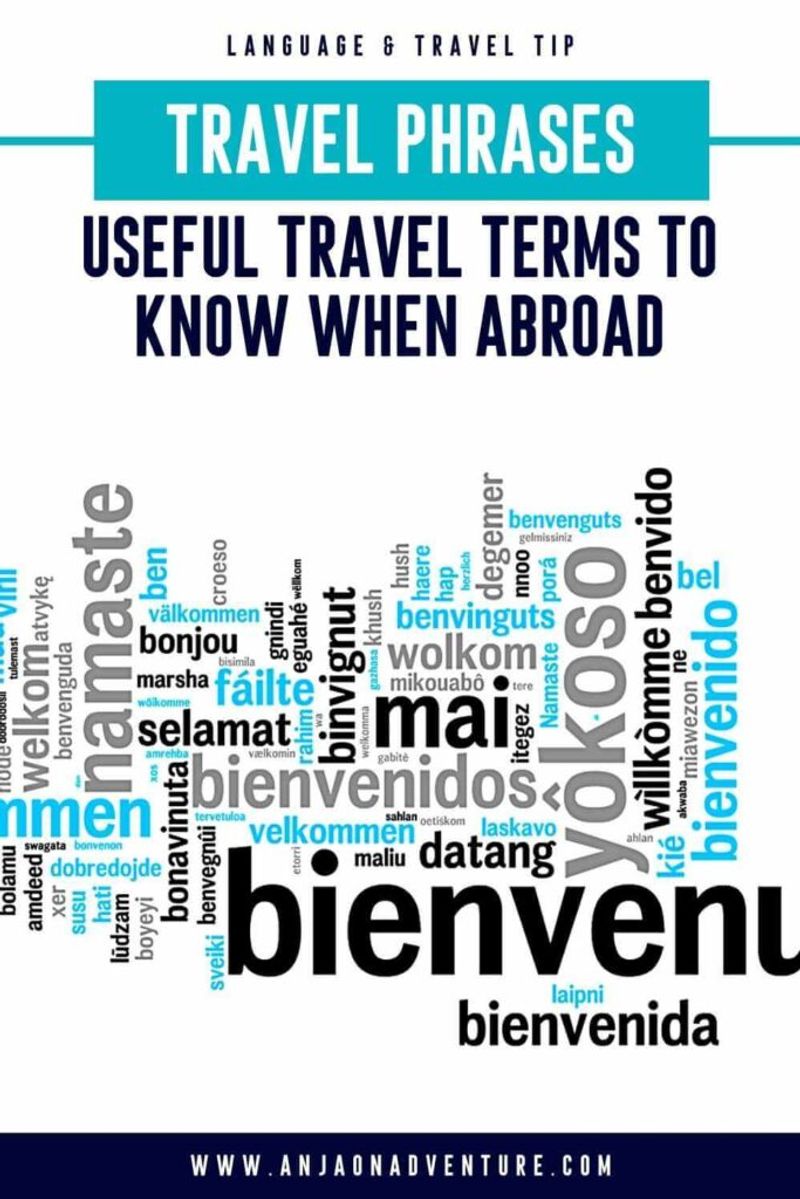10 Safety Tips For When You’re Traveling Alone

There’s something incredibly empowering about setting off on a trip with nothing but your own company and a world of possibilities. But let’s be honest—solo travel isn’t just about spontaneity and self-discovery; it’s also about being smart and prepared.
Ever found yourself second-guessing a dark alley shortcut or wondering if that friendly local really has your best interest at heart? I’ve been there—and learned a few lessons the hard way. From choosing the right accommodation to blending in like a local, there are a handful of simple moves that can make a big difference.
So, whether you’re jetting off to your dream destination or planning a last-minute city escape, here are the solo travel safety tips I swear by—because adventure should never come at the cost of your peace of mind.
1. Research Your Destination Thoroughly Before You Go

Knowledge is your best defense when traveling solo. Spend time learning about local customs, common scams, and areas to avoid in your destination.
Check government travel advisories and read recent reviews from other travelers. Understanding the political climate, weather patterns, and cultural norms will help you blend in better.
Create a list of emergency contacts including local police, your embassy, and nearby hospitals. Having this information readily available can save precious time during an emergency situation.
2. Share Your Itinerary With Trusted Friends or Family

Always let someone back home know your travel plans in detail. Share your flight information, hotel addresses, and planned activities with at least two trusted contacts.
Set up regular check-in times so people know when to expect updates from you. If you miss a scheduled contact, they’ll know something might be wrong.
Consider using location-sharing apps that allow trusted contacts to track your movements. This creates an extra safety net without being intrusive to your independence.
3. Keep Your Valuables Secure and Distributed

Never keep all your important items in one place. Distribute your cash, cards, and identification across different locations on your body and in your luggage.
Invest in a good money belt or hidden pockets sewn into your clothing. Keep copies of important documents stored separately from the originals.
Consider leaving expensive jewelry at home entirely. The less you stand out as a wealthy tourist, the less likely you are to become a target for theft.
4. Trust Your Instincts About People and Situations

Your gut feeling is often your best early warning system. If something feels off about a person or situation, don’t ignore that inner voice.
It’s perfectly acceptable to be rude or walk away if someone makes you uncomfortable. Your safety is more important than being polite to strangers.
Practice saying no firmly and confidently before you travel. Many scammers and predators target people who seem hesitant or overly accommodating to avoid confrontation.
5. Stay Connected With Reliable Communication Methods

Ensure you have multiple ways to communicate while abroad. Purchase an international phone plan or local SIM card before you need it urgently.
Download offline maps and translation apps that work without internet connection. Having backup communication methods prevents you from getting stranded without help.
Identify WiFi hotspots in your destination and know where to find internet cafes. Stay connected with home base and have access to emergency services when needed.
6. Choose Accommodations in Safe, Well-Lit Areas

Location matters more than luxury when you’re traveling alone. Choose accommodations in well-populated areas with good lighting and easy access to public transportation.
Read recent reviews focusing on safety concerns rather than just amenities. Other solo travelers often mention important details about neighborhood safety.
Book your first night’s accommodation in advance so you’re not searching for a place to stay while jet-lagged and vulnerable in an unfamiliar location.
7. Learn Basic Local Phrases and Emergency Words

Being able to communicate basic needs and emergencies in the local language can be lifesaving. Learn phrases like “help,” “police,” “hospital,” and “I don’t understand.”
Practice asking for directions and saying “no” firmly in the local language. This helps you navigate independently and assert boundaries when necessary.
Write down important phrases phonetically if the local alphabet is different from yours. Having these written references prevents panic-induced memory blanks during stressful situations.
8. Avoid Excessive Alcohol and Stay Alert

Alcohol significantly impairs your judgment and reaction time, making you an easy target. If you choose to drink, do so in moderation and never leave your drink unattended.
Stick to reputable establishments and avoid accepting drinks from strangers. Watch the bartender make your drink to ensure nothing is added to it.
Have a clear plan for getting back to your accommodation safely before you start drinking. Know the local taxi services or public transportation schedules for late-night travel.
9. Blend In With Local Customs and Dress Codes

Standing out as an obvious tourist makes you a target for scams and crimes. Research appropriate clothing and behavior for your destination before packing.
Observe how locals dress and try to match their style and modesty levels. This shows respect for the culture and helps you avoid unwanted attention.
Avoid wearing expensive brands, flashy jewelry, or clothing with prominent logos. The goal is to look like you belong rather than broadcasting your tourist status.
10. Have Multiple Backup Plans for Every Situation

Always have a Plan B, C, and sometimes D for transportation, accommodation, and activities. Flexibility keeps you safe when original plans fall through unexpectedly.
Research alternative routes to your destinations and know multiple ways to get back to your accommodation. This prevents getting stranded in unfamiliar areas.
Keep emergency cash in different currencies and have backup payment methods available. Being prepared for various scenarios reduces stress and keeps you thinking clearly during challenges.
